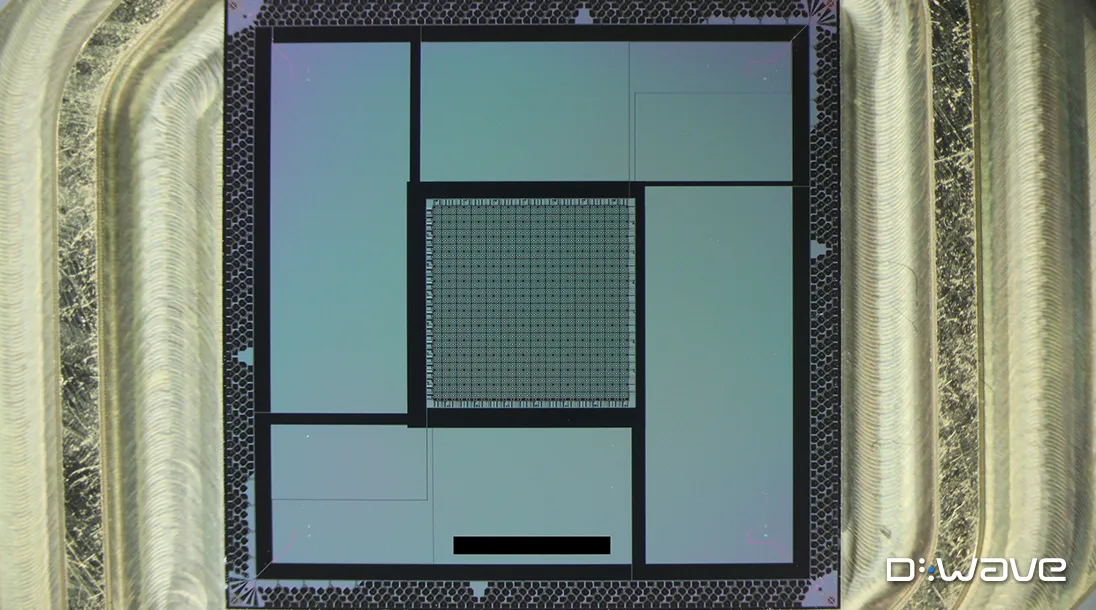D-Wave Quantum Inc. has recently claimed it has demonstrated computational supremacy in the quantum simulation of nonequilibrium magnetic spin dynamics. The computers simulated square, cubic, diamond, and biclique topologies relevant to materials science and artificial intelligence. The simulations agreed with quantum theory and followed the anticipated universal quantum critical dynamic scaling. The study also evaluated classical computation costs, finding that tensor and neural networks could not provide approximate solutions to the Schrödinger equation at the same quality as quantum computers.
Quantum Computing: A Leap Towards Computational Supremacy
Quantum computers have the potential to solve problems that are currently beyond the capabilities of conventional computers. However, proving this ability, particularly for significant and meaningful problems, remains a significant challenge. One such problem is the simulation of nonequilibrium dynamics of a magnetic spin system undergoing a quantum phase transition.
Quantum Annealing Processors: A Game Changer
Superconducting quantum annealing processors have shown the ability to rapidly generate samples that closely align with solutions of the Schrödinger equation. This has been demonstrated in the model quench in two-, three- and infinite-dimensional spin glasses. This supports the observed stretched-exponential scaling of effort for classical approaches.
Compared with classical algorithms designed to approximate the solution to the time-dependent Schrödinger equation, quantum annealers have shown the ability to answer questions of practical importance that classical computers cannot. This is particularly true for problems of practical interest where quantum processing units (QPUs) have shown the ability to solve problems far faster than the best classical methods.
Quantum supremacy refers to the point when a quantum processing unit (QPU) solves a problem that is impossible for any existing classical computer. This has been demonstrated in the simulation of quantum phase transitions (QPTs) in Ising-like systems, using both superconducting qubits and Rydberg arrays.
The ability of superconducting quantum annealing processors to solve simulation problems with high accuracy has been established for 1D chains and small spin glasses. The simulation of large programmable topologies of varying dimensions has also been achieved. This opens the door to quantum advantage in optimization and artificial intelligence, addressing scientific questions that may otherwise remain unanswered, and applications that may be classically impossible.

External Link: Click Here For More

